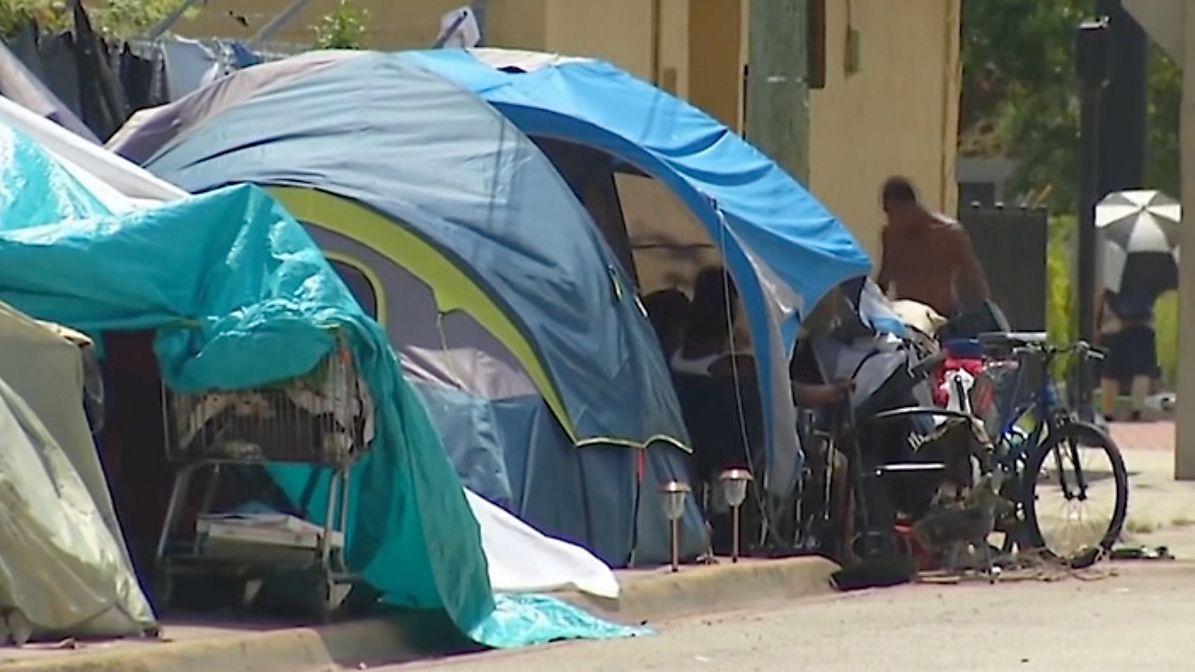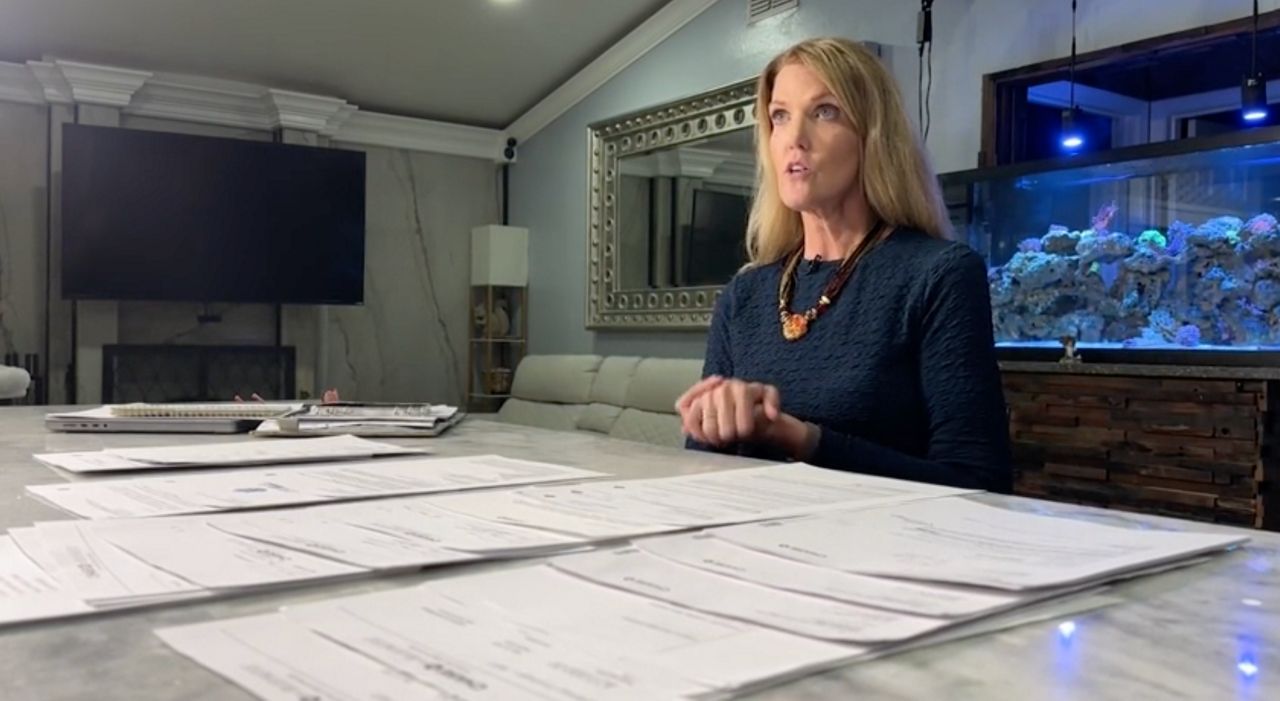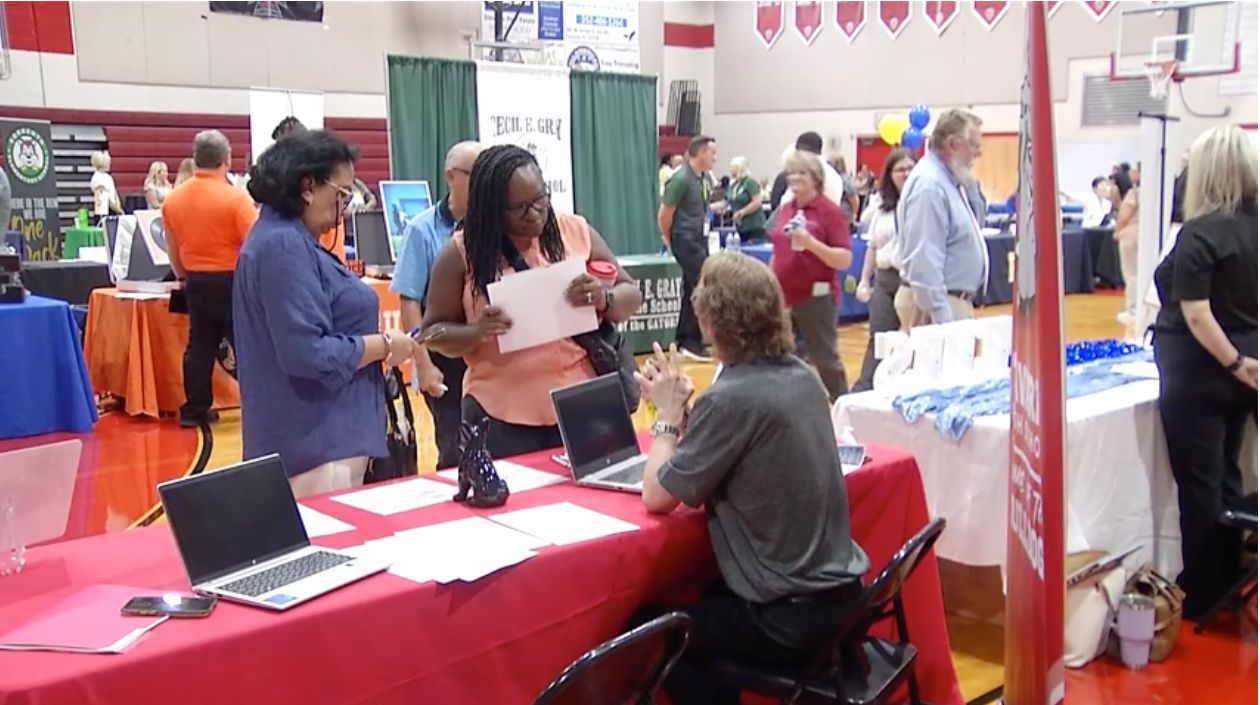TALLAHASSEE, Fla. — After months of promising change to the state's troubled guardianship program, Florida's lawmakers appear to be taking action.
- Florida Legislature committees to take up guardianship legislation
- Bills aim to strengthen protections for wards, or seniors in care
- RELATED: Senior Care in Question: The Rebecca Fierle Case Explained
- READ TEXT OF BILLS: SB 944 | HB 709
A new bill that would create stricter laws is making its way through House and Senate committees. The seven-page companion bills (HB 709 and SB 994) drafted by state lawmakers aim to increase protections for seniors under guardianship.
That bill unanimously passed in a House subcommittee early this month. The legislation would:
- Require courts to grant permission for guardians to sign "do not resuscitate" orders.
- Make it mandatory that guardians report detailed information regarding payments.
- Restricts guardians from being able to petition the court to be appointed to cases unless they're related to the person in care.
Florida Senate Majority Leader Kathleen Passidomo says the bill is vital for protecting seniors.
“The 'DNR' case in Orlando is a case in point where a guardian took advantage of their ward and routinely filed do-not-resuscitate orders over the ward and their family. That is not acceptable. It is not appropriate, and it needs to be illegal,” she said.
That Orange County case is centered on Steven Stryker, a ward under the care of embattled former professional guardian Rebecca Fierle.
Stryker’s family filed complaints against Fierle for filing a do-not-resuscitate order on Stryker without notifying them.
County investigations later revealed that Fierle allegedly executed numerous do-not-resuscitate orders on many of the wards under Fierle's supervision without family or court permission.
Passidomo says this new bill will prevent that, requiring that a court give permission for guardians to sign do-not-resuscitate orders. The bill also will make it mandatory for guardians to report detailed information regarding payments, as well as restricts guardians form being able to petition the court to be appointed to cases unless they are related to the person in care.
Florida Department of Elder Affairs Secretary Richard Prudom, who we first sat down exclusively with earlier this year, emailed us this week saying:
“The Florida Department of Elder Affairs is committed to safeguarding vulnerable seniors placed into the care of professional guardians. DOEA has been working closely with the Governor’s Office, Senator Kathleen Passidomo, Representative Colleen Burton, and other interested stakeholders on legislation to protect seniors and increase funding to address abuse, neglect, and exploitation. Under current law, DOEA has limited ability to hold bad actors accountable and may only refer complaints to the courts. In the form of SB 994 and HB 709, the proposed legislation addresses issues of conflicts of interest, compensation, and strengthening and formalizing the process by which a professional guardian obtains a Do-Not-Resuscitate (DNR) order on a ward.”
Although there are still hurdles for the bill in both the House and Senate, Passidomo is hopeful that once it's put in front of Gov. Ron DeSantis, it will become law.
“I feel very confident that he is very supportive of this initiative,” Passidomo said.
Passidomo’s Senate bill has to pass in three committees before it goes to the floor of the Legislature.
She says the bill will be heard in committee within the coming weeks. Meanwhile, the companion House bill is also working its way through committees.









